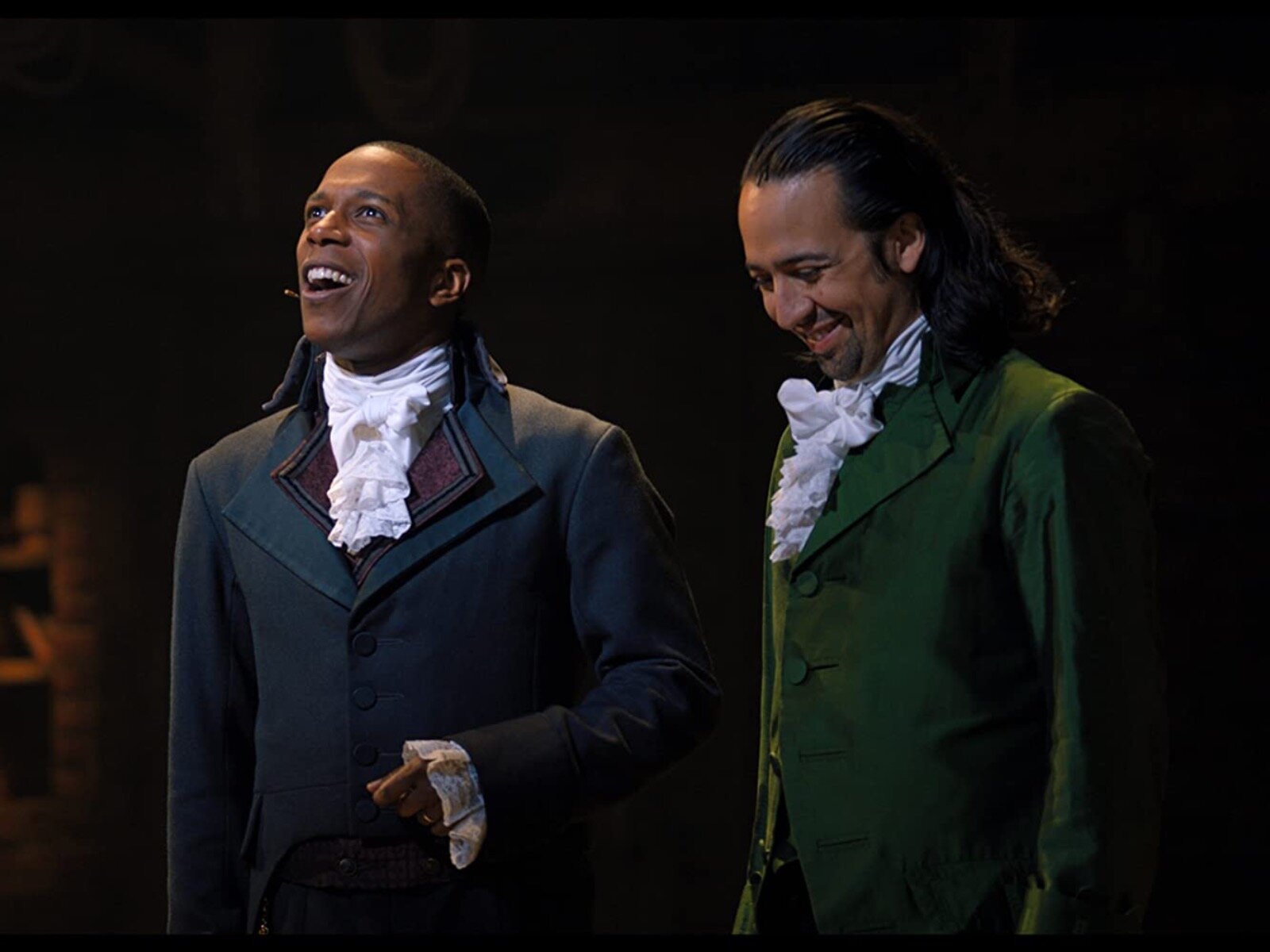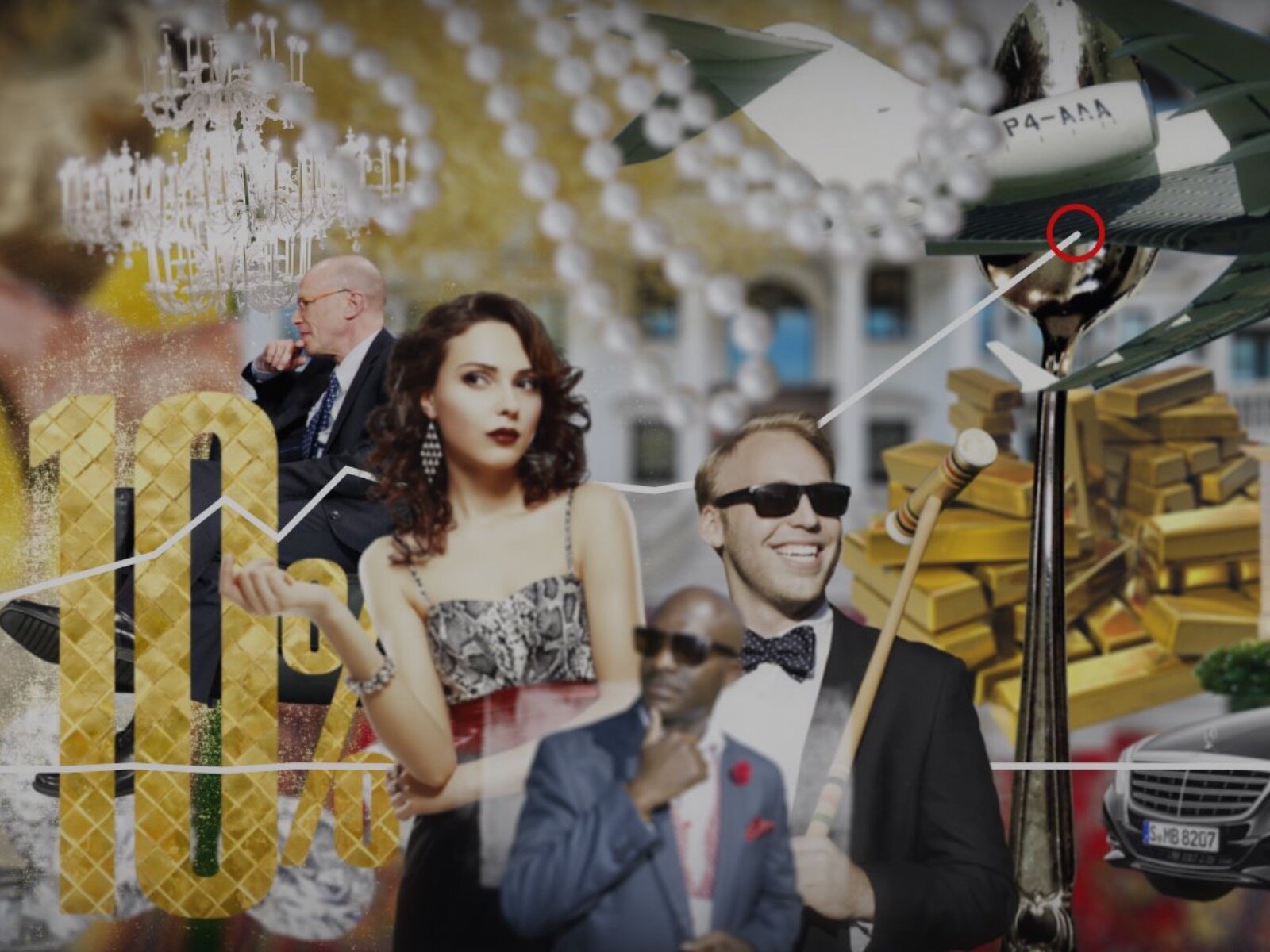"Game of Thrones." "Boardwalk Empire." "Hannibal." All often extremely violent shows – and yet none can match the brutality of the slow, painful public evisceration of CNBC "Mad Money" host Jim Cramer that took place on March 12, 2009, on the "The Daily Show with Jon Stewart."
After trading cross-network jabs in the weeks prior, Cramer was finally invited to the satirical news show to chat face-to-face with Stewart. Cramer opened the segment jovial and light-hearted, amusedly awaiting a snowball fight that, unfortunately for him, never arrived. Sure, there were some laughs – Stewart is and was always an entertainer first – but the main mission, fueled by righteous fury, was an explanation. He wanted answers, and more than anything, he wanted the audience to know and understand what actually happened.
"The Big Short" wasn’t adapted from that episode; it actually comes from the book of the same name by Michael Lewis, Hollywood’s go-to for spreadsheet-based entertainment ("Moneyball"). The two, however, certainly at least share a branch in the same family tree. Both are funneled outrage engagingly dressed as entertainment – Steve Carell! The director of "Anchorman"! Bad wigs! – digging like comedic coroners through the economy’s deceased guts, desperate to share their findings with the world. It’s grave, dense and dirty business – which makes it all the more impressive that "The Big Short" is so entertaining in the process of trying to educate. It’s perhaps the most fun you’ll have watching an autopsy.
In the years before the economic collapse, a select few people in the business actually saw it coming. In the case of hedge fund manager Dr. Michael Burry (Christian Bale), he simply looked, going through thousands of mortgages and loans to discover most of them were crap, doomed to collapse. For others, it was literal luck. Slick investor Jared Vennett (Ryan Gosling) happened to hear about Burry’s hunch hanging at a bar, who then just happened to pass along the information to trader Mark Baum (Steve Carell) and two young fellow investors (John Magaro and Finn Wittrock) via a wrong number and an abandoned pitch binder sitting on a bench.
Realizing the Burry’s bubble is more horrifically real – and corrupt – then they could have ever imagined, the various investors do the only logical thing: bet millions of dollars against the American economy. It’s a deeply cynical move – and a hypocritical one, as the morally high-grounded men painfully realize as the implosion looms. But that’s the ugly world of Wall Street according to "The Big Short," one where the ridiculous angry cynics, the paranoid doomsday prophets and the Chicken Littles end up completely right about the sad state of the economy and human nature. And while our leads may have won big in the end, the film rarely lets you forget that nobody really won (except for the eventually bailed out banks).
That’s just one of the tricky balances "The Big Short" and its surprisingly nimble script – from Charles Randolph and director Adam McKay ("Anchorman" … no, really) – manages to tiptoe. Not only does the film attempt to inform and entertain in equal parts, but it also in the process has to parse out crazily dense financial jargon – specifically made, as a voiceover notes, to alienate outsiders from caring – and dumb it down for its audience members without talking down to them.
So how do you go about doing that, making constant conversation about CDOs and ISDAs something more than a lecture? If you’re Adam McKay and "The Big Short," everything.
They have Ryan Gosling and others regularly break the third wall. They throw Margot Robbie in a bubble bath to explain "sub-prime" while sipping champagne. And while we’re at it, here’s Selena Gomez and economist Dr. Richard Thaler explaining synthetic CDOs too. They splice in the music video for Ludacris’ "Money Maker" while Bale travels around collecting credit default swaps. They toss laymen’s economic definitions on the screen. They play symbolic Jenga. They blare "Phantom of the Opera" to introduce a symposium of fraudulent businessmen.
Its economic crisis cousin "Wolf of Wall Street" used many of the same techniques, but while Scorsese’s film secretly treated you as a lowly outsider, bringing the viewer past the velvet rope into its VIP party only to show off, smugly talk down to you around its fellow crooks and get drunk on excess – perfect for Scorsese’s blackly comic approach to Belfort’s story – "The Big Short" brings you in as a concerned friend, desperate to get you on its deeply enraged level. The former bitterly sharpened its teeth; the latter bitterly sharpened its pencils.
And, of course, one of the most crucial tactics "The Big Short" uses is casting some of the biggest names in Hollywood to report its findings, many of which performing at the top of their game (despite some sub-prime hairpieces).
Carell has the dramatic breakthrough here that most expected in last year’s "Foxcatcher," playing a man whose roiling anger and cynicism couldn’t even predict the fraud taking place. When he does begin to see it and act upon it, Carell plays the righteous anger amusingly right. More importantly, though, he plays the growing emotional and moral weight right, the crushing disbelief turning to acceptance that, yes, people can actually be this damagingly corrupt – and that he’s aiming to profit from it. More so than any other character, he is the emotional key to "The Big Short" amidst the numbers and definitions, and he makes the sadness, guilt and anger all hit.
Bale meanwhile gets the showiest role as Dr. Burry, a statistical and economic genius who the film paints as almost certainly on the spectrum, mumblingly awkward and distant from everyone – most importantly the increasingly angry rich men who have no idea what he’s doing with their money. As you’d expect from the Oscar winner, Bale commits big to the role, going hard on Burry’s quiet stammers and, at one point, blankly grinning like a madman into the camera for a five-count. It definitely borders on a bit much, but Bale keeps it human, especially as the film goes on and Burry’s faith in the system – and his own mind and morals – starts to quietly crumble.
Gosling is devilish entertainment as Vennett, a slick fast-talker – not to mention our chummy narrator – who’s never quite as slick as he thinks he is (as one character notes, "He’s so transparent in his self-interest, I can’t help but trust him"). Even the small roles – Rafe Spall as one of Baum’s associates, unable to do anything but smile and chuckle disbelievingly at two scumbags confess, no, brag about selling lies; a sunglassed Melissa Leo drowning on land as she’s finally confronted with the S&P’s fraudulent ratings – land with an impact.
And as for Brad Pitt, he’s fine in a smaller soft-spoken role – though it is becoming rather distracting that, like in "12 Years a Slave," he’s conveniently cast as the lone kindly and clean moral conscience gazing in head-shakingly on corrupt, ugly institutions. His production company, Plan B, was behind those two films? You do not say.
Between all of those big stars and its bouncy stylistic gymnastics, "The Big Short" won’t leave until you understand everything – and get a dose of amusement in the process. Some of the theatrics don’t work, and the dense script can still occasionally feel like choking back concrete, thick with jargon and even more elaboration. More often than not, however, McKay and especially his editor Hank Corwin impressively blend everything together into an extremely potent, almost stream of consciousness cocktail flaming with rage that’s equal parts entertaining and informative.
The only thing that consistently struggles to fit in is the cinematography, which, in a movie filled with talk of collateralized debt obligations and bespoke opportunity tranches, is the only thing that makes no sense at all. Barry Ackroyd built up his impressive resume working on "The Hurt Locker" and several Paul Greengrass projects, but his signature docu-drama style – constantly shifting the camera, zooming in and refocusing – feels utterly out of place in a movie so constantly stylized out of reality.
Maybe it was a choice to help amplify the sense of immediacy, or to deemphasize the flash and fun. Maybe it would’ve better served only during the Burry bits, the only time the approach almost kind of works, helping to underline the character’s social discomfort and seemingly disjointed mind. Either way, in a movie full of stylistic flourishes, the camerawork is the only one that sticks out as merely a distraction, a miscalculation in an otherwise good first jaunt into drama for the man who’s last project featured a scene where a blind Will Ferrell sings an extended goodbye song to a shark.
Isn’t it a little late for this, you might ask? After all, the collapse took place years ago; times and fears have changed quickly since. At the movies, we’ve already had "The Wolf of Wall Street" and before then "Inside Job" with plenty of others in the middle. That Stewart v Cramer clip is now from seven years ago. Is another autopsy for the economy, even a suitably entertaining, educational and enraged one like this, really necessary. Apparently so, because as the final reveal of "The Big Short" ominously foretells, the killers are still out there – and potentially ready to strike again.
As much as it is a gigantic cliché to say that one has always had a passion for film, Matt Mueller has always had a passion for film. Whether it was bringing in the latest movie reviews for his first grade show-and-tell or writing film reviews for the St. Norbert College Times as a high school student, Matt is way too obsessed with movies for his own good.
When he's not writing about the latest blockbuster or talking much too glowingly about "Piranha 3D," Matt can probably be found watching literally any sport (minus cricket) or working at - get this - a local movie theater. Or watching a movie. Yeah, he's probably watching a movie.







